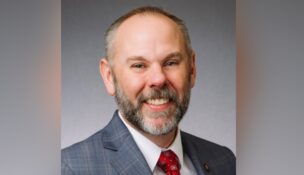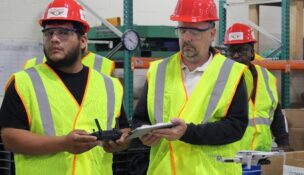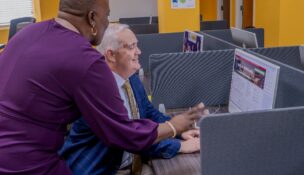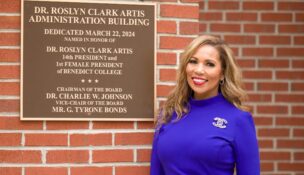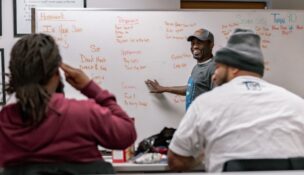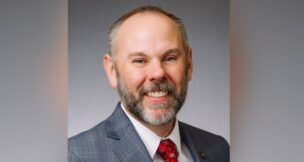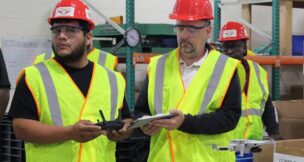USC researchers: S.C.’s economic recovery faces obstacles
Staff Report //September 29, 2020//
South Carolina’s economic recovery from a pandemic-induced recession will face obstacles in the coming months and will be shaped by the 2020 U.S. presidential election, according to a forecast presented today during the University of South Carolina’s Darla Moore School of Business’ 40th Annual Economic Outlook Series.
The online presentation was the first of two livestreamed events. The second will take place Nov. 30.
“The pace of economic recovery in the U.S. is likely to remain sluggish throughout the fall, especially as we head into a period of high uncertainty during the remaining few weeks until the election,” said Douglas Woodward, USC economics professor and director of the Darla Moore School’s Division of Research, in a news release.
According to USC researchers, South Carolina has recovered approximately 62% of jobs lost during a government-mandated business shutdown between March and April, though that recovery slowed in July.
“After sprinting out of the gate in April and regaining many of our lost jobs, we’ve since dropped back to a modest but potentially more sustainable pace of recovery,” Darla Moore School research economist Joseph Von Nessen said.
The pandemic has accelerated marketing trends that may become permanent, “including the widespread adoption of automation and the movement towards e-commerce and away from traditional brick and mortar retail,” Von Nessen said. “In addition, to the extent that the work-from-home phenomenon becomes a permanent part of the business landscape, South Carolina will have to begin rethinking its approach to economic development.
“Economic development may become as much about persuading workers to live in South Carolina and telecommute as it is about direct company recruitment.”
While some industries, including logistics and e-commerce companies, are experiencing growth, sectors including retail, hospitality and tourism continue to struggle, especially small businesses, Von Nessen said.
“Most small businesses have limited financial resources to weather any economic downtown,” Von Nessen said. “But small businesses that provide in-person services in an era of social distancing have been especially vulnerable.”
Researchers also found that higher-skilled workers with postsecondary education are faring better than those with only a high-school diploma, with employment growth increasing by an average of 3% in 2020 in all fields requiring postsecondary education but dropping 10% for jobs that do not.
“This recession has disproportionately hit lower-skilled, lower-wage workers in South Carolina — even harder than in most previous recessions,” Von Nessen said.
s





